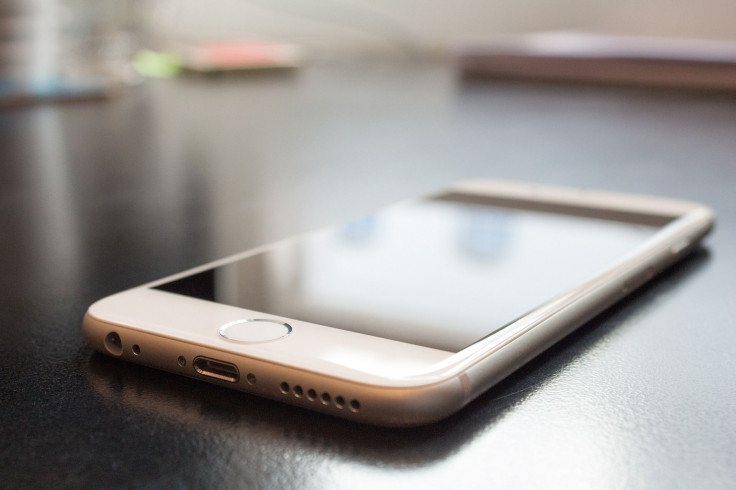Those Facebook Likes You're Trying To Rack Up Won't Make You Happy, According To Study

Adding more evidence to the fact that social media doesn’t make us feel better, a new study indicates those Facebook likes are pretty shallow. According to the preliminary research, receiving attention via likes on social media does nothing to improve mood or make you feel better about yourself.
It turns out, those thumbs up or heart icons don’t make much of a difference when it comes to our happiness. The study also found that people who went to extremes to receive more love, going as far as paying or asking others to like their posts, were more likely to suffer from low self-esteem and to be less trusting. This assessment was also true for those who deleted posts or changed their profile pictures based on how many likes a photo received.
Read: Why Your Mid-20s Is the Best Age For Making Random Choices
Researchers enlisted 340 participants who completed personality questionnaires, in addition to answering how much they agreed or disagreed with 25 statements about self worth and finding value from social media. Examples included assertions like, “The attention I get from social media makes me feel good” and “I consider someone popular based on the amount of likes they get.”
"The proliferation of social media use has led to general concerns about the effects on our mental health,” said lead study author Dr. Martin Graff, Ph.D and psychology researcher at the University of South Wales, in a statement. “Although this is just a relatively small scale study, the results indicate that the ways we interact with social media can affect how we feel and not always positively."
Graff will present this study Wednesday, May 3, at the British Psychological Society's Annual Conference.
This definitely isn’t the first time that social media has been found to be inadequate in making us happier. Previous research has shown that using social media can actually make us more depressed. A study from researchers at the University of Pittsburgh found that those who spent more time on social media were likelier to suffer from depression. The team surveyed 1,787 adults from 19 to 32 years old.
Dr. Brian Primack, MD, Ph.D, and co-author of that study told Cosmpolitan.com there were many factors causing foul moods. FOMO, feeling inadequate compared to others’ “perfect” lives and wasting time browsing the timeline are just a few influences driving that spike in depression.
Read: Irregular Sleep Patterns Could Make You Less Creative And Attentive
Maybe the realization that social media isn’t good for our egos is spurring people to break up with different platforms. A recent survey by the Associated Press found that most teens, about 60 percent of respondents 13-17 years old, have taken a break from popular apps like Instagram and Snapchat.
See Also:
What's Up With The Freudian Slip, And Does It Reveal My Inner Desires?



























